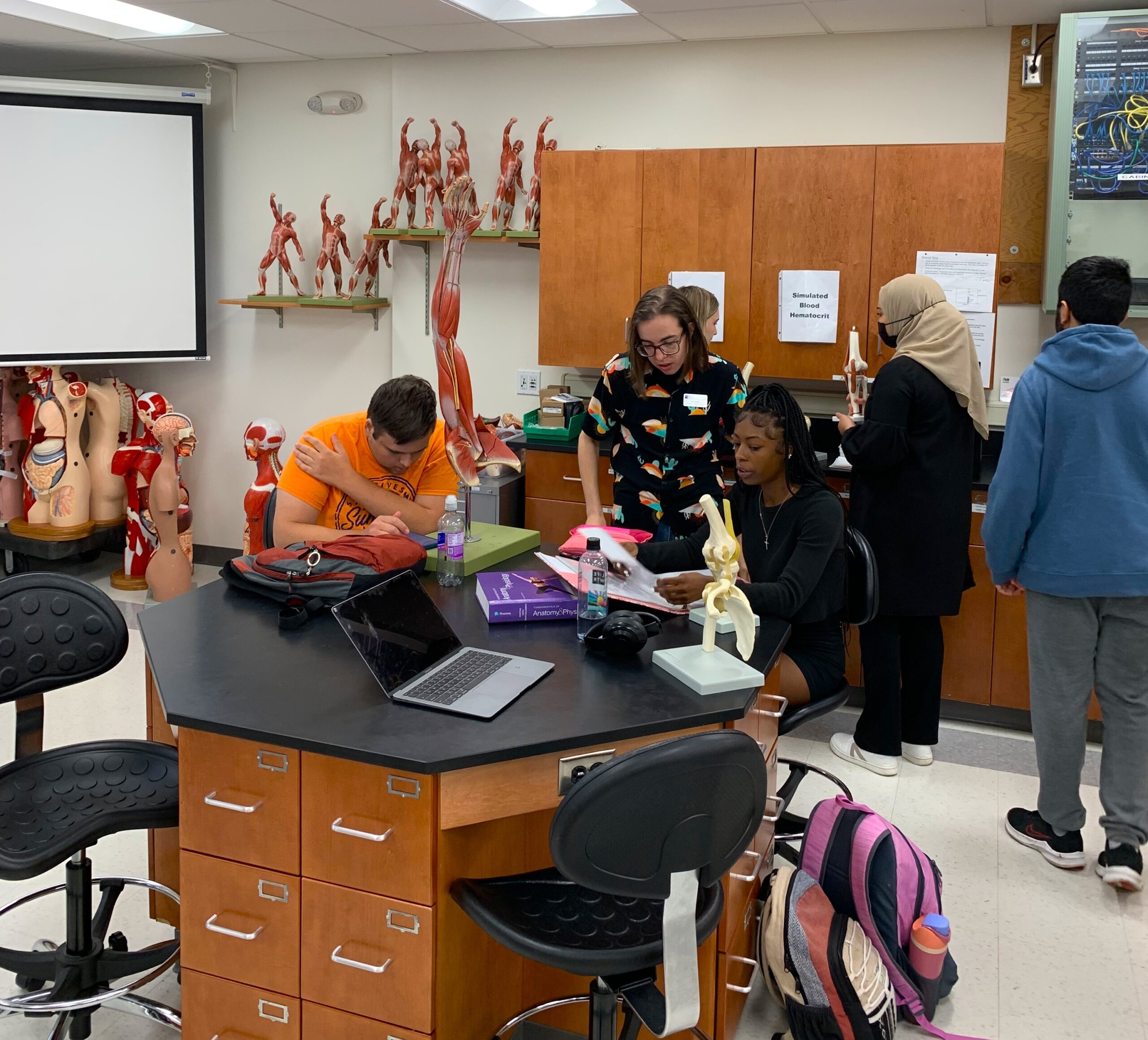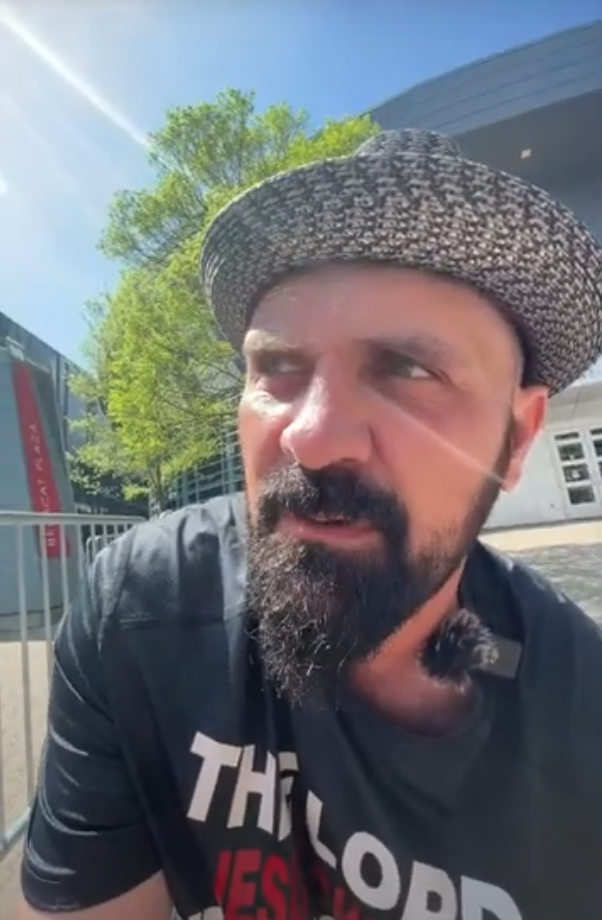Professor Emily Neal Weighs in on the President’s Proposal
BY: OLIVER PULCHER
STAFF WRITER

On Nov. 2, President Donald J. Trump was interviewed on a television program called Axios, a show which airs on HBO. During the interview, President Trump discussed Birthright Citizenship “which is stated as a constitutional right by the 14th Amendment of the United States Constitution,” said Dr. Emily Neal, a professor of Political Science at Meramec.
In the interview, President Trump discusses how his judicial team had advised him that he could overturn that specific line in the Constitution with an executive order.
“The idea of Birthright Citizenship is guaranteed by the 14th amendment and furthermore by three Civil War amendments. These started in 1865, when they dealt with the citizenship status of the newly freed black population,” said Neal. “The Constitution had split the population into two groups, free persons and other persons — people of African descent were not ever given any equal rights.”
The Civil Rights Act of 1866 comprehensively dealt with black and POC (People of Color) rights, which was put forth due to the fact several generations of African Americans had been born in the U.S. and been assimilated into the culture. Therefore, they identified more with the U.S. and less with Africa.
“The Civil Rights Act of 1866 established U.S. citizenship to include all people and the viewpoint was that if you are born in the U.S., you are a U.S. citizen,” said Neal. “And, this Birthright Citizenship issue is an ignorant dog-whistle of the president’s rhetoric designed to keep the Senate before the election.”
Since the election, the President has continued to discuss Birthright Citizenship as many news media sites and politicians rush to either explicitly agree or disagree with him about his choices with the executive order. As these various organizations rush to make their claims, President Trump has claimed that common sense and precedence is on his side and that he believes the issue will “probably” move onto the Supreme Court where it will be officially decided.












